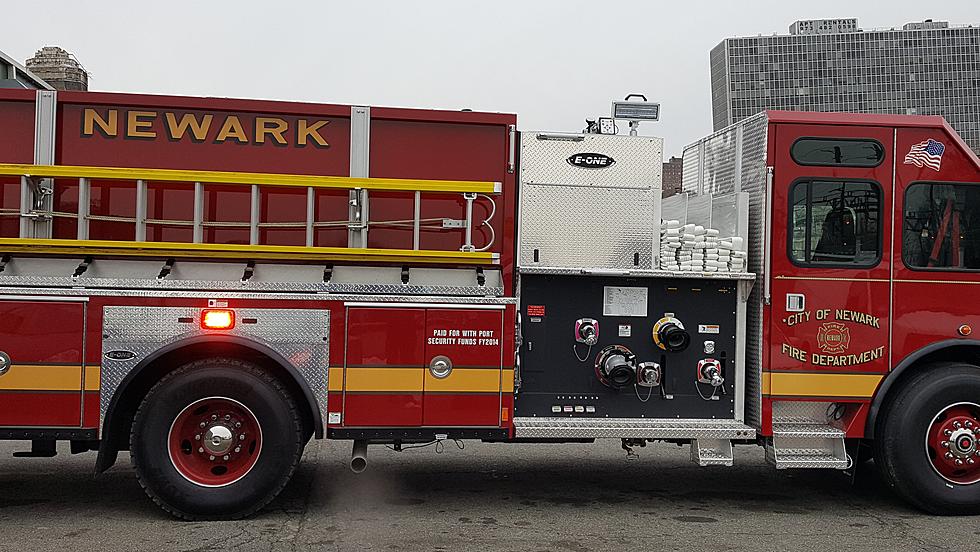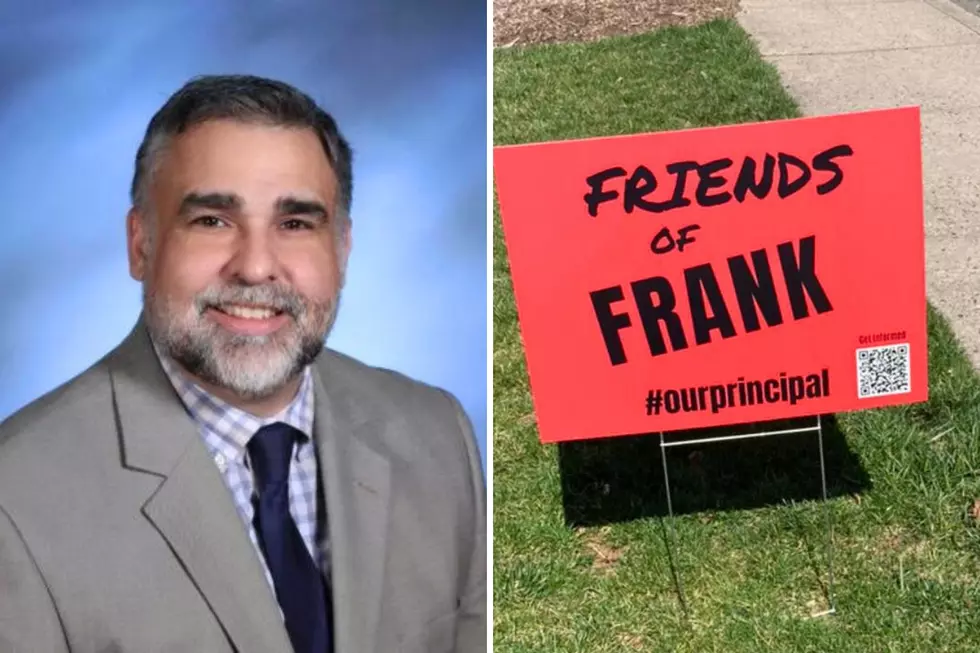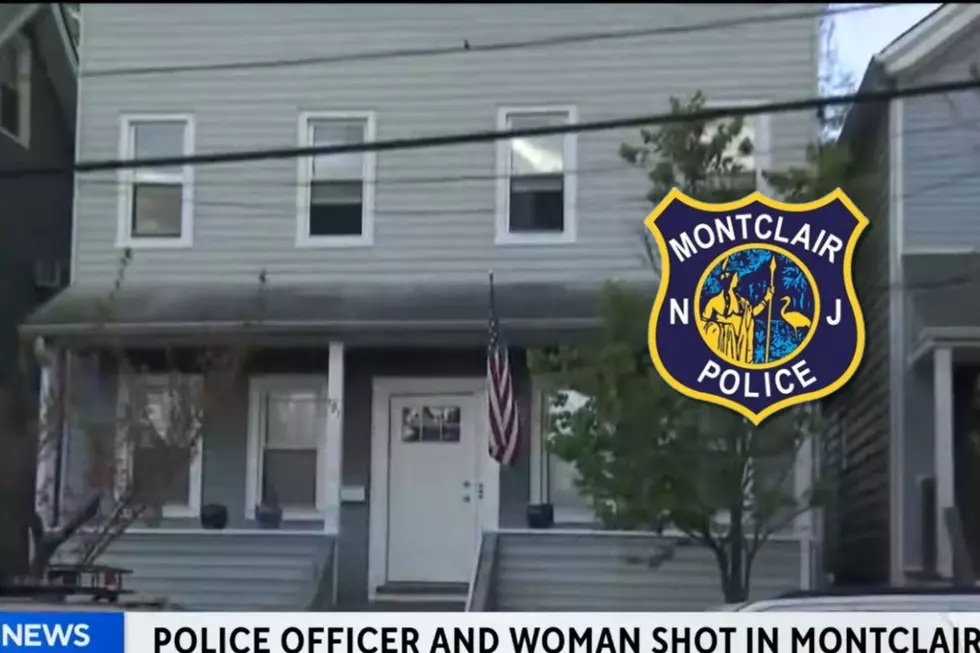
NJ firefighter — coked-up on the job — says he shouldn’t have been fired
NEWARK — When the city firehouse received an emergency call from St. James Hospital, Antonio Cruz was supposed to get behind the wheel of the fire engine and rush to the scene.
But while his colleagues waited and waited on the truck, Cruz was nowhere to be found. After honking the truck’s horn, sounding its siren, paging him over the intercom and fruitlessly searching for him, the firefighters took off without Cruz.
They later found him fast asleep, barely managing to wake up after a colleague kicked him in his boots.
He was suspended in June 2016 when he tested positive for alcohol and a mix of cocaine and illegal psychiatric medications. Six months later, following workplace disciplinary hearings, he was fired after two years on the force.
While firefighting might seem like a job that is not compatible with showing up to work in a drugged stupor, Cruz argued that the city should not have fired him.
In appeals to judges and the state Civil Service Commission, Cruz argued that his drug use was not “sufficiently egregious.” He tested positive for alcohol (within the legal limit for driving), cocaine, and the anxiety drugs benzodiazepines and alprazolam.
He also argued that his firing was disproportionate and shocking to one's sense of fairness.
The Civil Service Commission disagreed, as did a three-judge appellate panel on Monday.
New Jersey courts have generally recognized drug addiction as a handicap that workplaces should try to accommodate by, for example, allowing employees to seek treatment. But there are limits.
In its decision, the Commission said that "second chances for drug related infractions are not generally afforded public safety employees, who, as compared with non-public safety employees, are held to a stricter standard of conduct."
Monday’s appellate decision adds that “reporting to work under the influence of alcohol and drugs, falling asleep on duty to the point of being unresponsive, missing an emergent call, and being unable to drive the fire truck on the day in question is inexcusable as a 'first-time positive drug test offender.'"
The decision also notes that Cruz previously had been "regularly tardy," "always appeared tired and slept a lot" and he "missed a few call assignments."
On the day that he missed the emergency call from the hospital, the decision says, Cruz had fallen asleep in the middle of drinking a cup of coffee with his captain.
Sergio Bichao is deputy digital editor at New Jersey 101.5. Send him news tips: Call 609-359-5348 or email sergio.bichao@townsquaremedia.com.
More From New Jersey 101.5 FM









